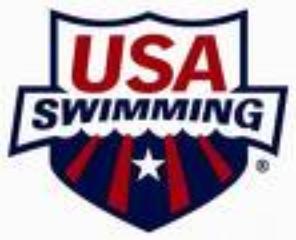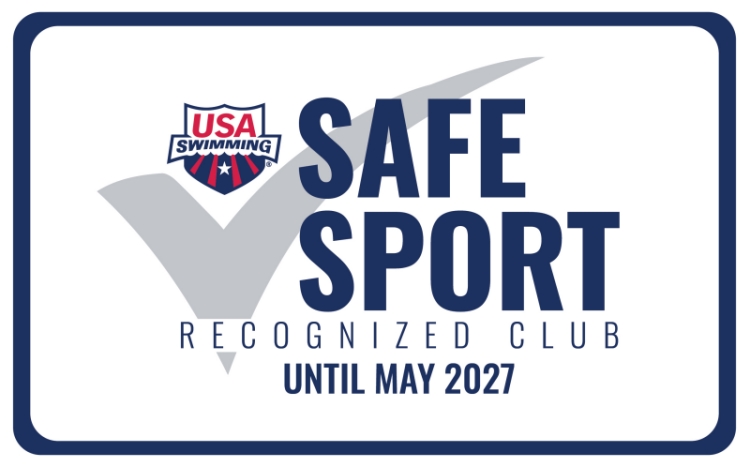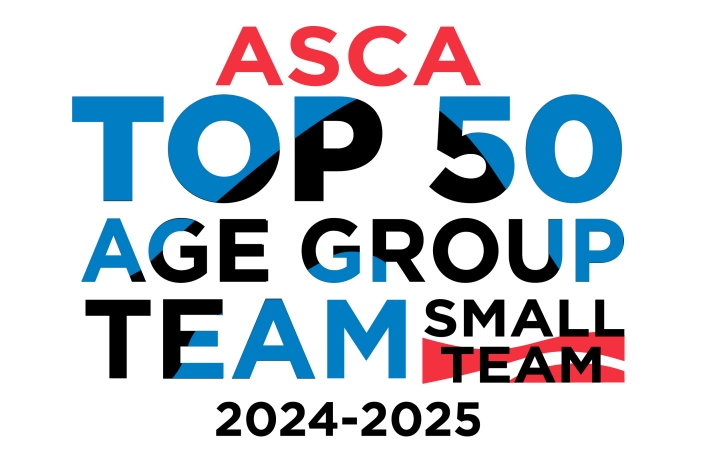3 THINGS YOU NEED TO KNOW ABOUT DIETARY SUPPLEMENTS

ALICIA KENDIG, MS, RD, CSSD // USOC SPORTS DIETICIAN & ATHLETE LAB COORDINATOR
RUSSELL MARK // USA SWIMMING HIGH PERFORMANCE CONSULTANT
DAN MCCARTHY // USA SWIMMING HIGH PERFORMANCE CONSULTANT
STACY MICHAEL-MILLER // USA SWIMMING ATHLETE SERVICES MANAGER
USA Swimming does not endorse the use of dietary supplements and encourages athletes to first practice proper nutrition through a complete and balanced diet. Yet there are still many pressures for athletes to take a supplement. Many supplement companies prey on potential consumers’ compulsion for a “quick fix” in order to make money. Here are three things you need to know.
1. WADA or USADA does not certify or guarantee the safety/purity of any supplements
If any manufacturer makes this claim, it is absolutely false. There are many third-party companies that test supplements, but the lack of ongoing accountability, and auditing of products/manufacturing processes do not make them a gold standard. Only products that are externally audited and thoroughly tested for Banned Substances are at the lowest risk of contamination. For example, those passing the “NSF Certified for Sport” criteria.
2. Eleutherococcus senticosus is a fancy name for Ginseng, just as Geranium Stem is a seemingly innocent name for Methylhexaneamine (banned substance).
Banned substances can have multiple names. Although ginseng is not a banned substance, there have been instances where herbal ingredients, including ginseng have been cross-contaminated with ephedra (banned substance). Any kind of herbal ingredient is questionable, given the extent of processing and extraction needed to make them into powders, extracts, etc. This process also introduces chances for contamination.
The efficacy behind the use of these ingredients in sport is debatable. There is no conclusive evidence, and the research that is available has not been standardized and is often biased (foreign studies appearing in less than credible publications).
3. If choosing to use a dietary supplement such as Creatine, research has shown that only high quality forms should be utilized, and in servings that are specific to the individual. Not as one size fits all. A sports dietician should be consulted to help determine appropriateness and proper usage.
Creatine and other ingredients can be presented in supplements as a “Blend” or “Proprietary Blend”. In this form, you don’t know how much of each ingredient is included, or even what all of the ingredients are. If you’re taking the risk of using a supplement with the goal of benefiting from a particular ingredient, a “blend” is an unsafe and improper way for it to be consumed. Because ingredients like Creatine are relatively expensive, using a “Blend” is a way for a supplement manufacturer to keep costs down and still target athletes looking for the benefits of Creatine.
Remember, supplement companies do not have to prove their products are safe for humans to use or if their product even improves performance. They may make claims and provide assurances that their product is safe, certified, etc., but no matter what, the athlete is strictly responsible for ensuring no prohibited substance enters his or her system.







